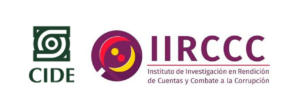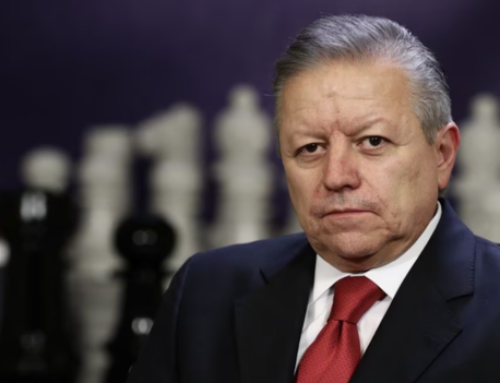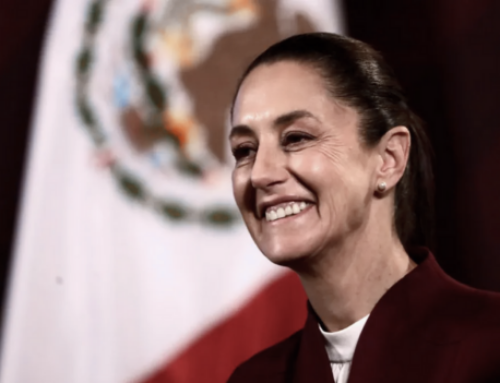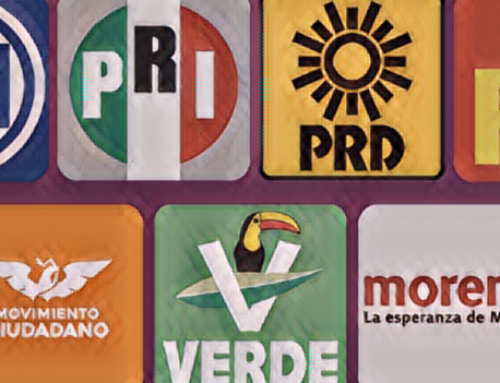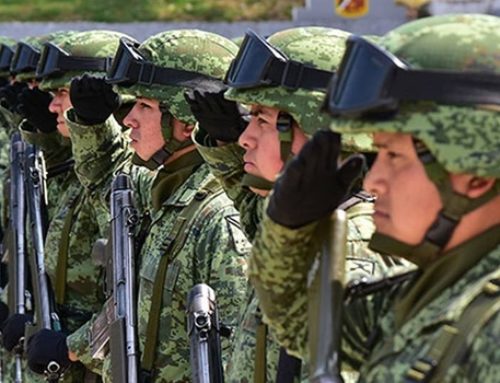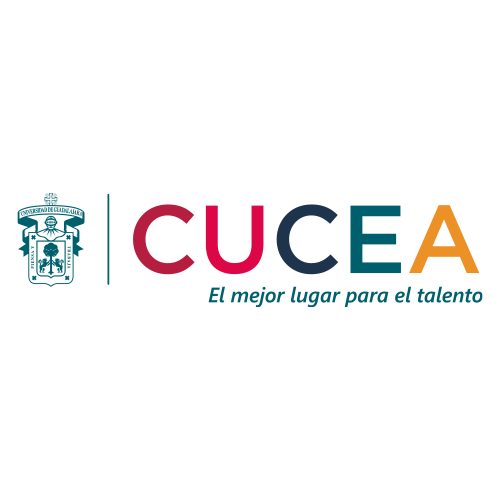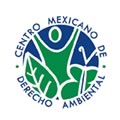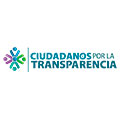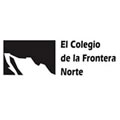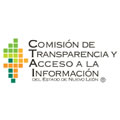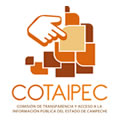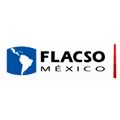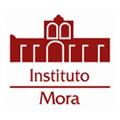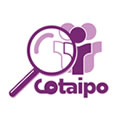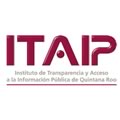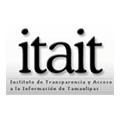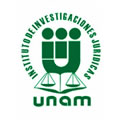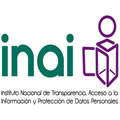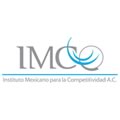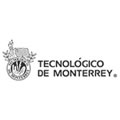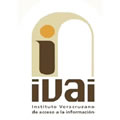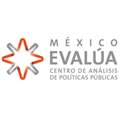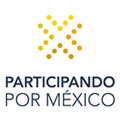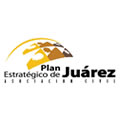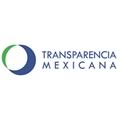I am truly honored for this opportunity to represent not only my country but also the Open Government Partnership at this important event.
I was born in a nation where basic civil and political rights were described in piece of paper called constitution, but in reality none of them were part of the citizens’ lives: I was born in a country that was not even able to organize democratic elections, that limited the ability of the people to speak their minds or even to organize themselves to take care of their own problems; where government transparency, accountability or free press was mere an illusion. Mario Vargas llosa, the Nobel writer use to refer to my country, as the “dictadura perfecta”, the “perfect dictatorship”.
However, in less than a generation, the Mexican political and civic landscape has changed dramatically. We are still facing a number of challenges but we are no longer the “perfect dictatorship”. We have been able to build strong electoral institutions, transparency institutions, economic institutions that made reality for the people what was written in our constitution: our basic civil and political rights.
And when I say “we” is not a euphemism: change in my country hadn’t been possible without a growingly independent and vibrant civil society that at times challenges government, and at times collaborates with government; and by doing so, held the government to high standards. At this very moment, civic society organizations and leaders are involved in the policy process of the most relevant reforms taking place in Mexico: transparency and accountability reform, education reform, social reform, fiscal reform.
In this context, the Open Government Partnership has provided a positive and practical framework to deepen this engagement, to have a structured, critical and at the same time constructive dialogue between government and civil society.
Let´s not forget that all OGP participating countries have endorsed an Open Government Declaration that states: “We commit to protecting the ability of civil society organizations to operate in a context that guarantees freedom of expression, association and opinion.”
Unfortunately, just as Mexico and other OGP countries are helping to advance more openness and new models of civil society engagement around the world, there are also trends in the other direction: according to the latest CIVICUS report on an enabling environment for CSOs “57% of the world population live in countries where the basic liberties and political freedoms are curtailed”.
This trend to reduce the space for CSOs is not a north vs. south issue: is taking place in a wide range or countries, even in some that are part of OGP. That’s why we need not only clear principles but also a strong and rapid response. As a civil society member of the OGP Steering Committee, I will work with my colleagues to take up the challenge of identifying concrete ways to counter closing spaces for civil society, as well as opening them.
OGP would organize a plenary discussion on the topic of “Defending Civic Space” at our upcoming Annual Summit in London [at the end of October]. We expect nearly 1,000 government, civil society and private sector leaders from at least 70 countries to participate, providing a truly global platform to discuss and find concrete ways in which OGP can help. Based on the input we receive, OGP could put in place a special Task Force to implement these ideas in the coming year.
Finally, let´s not forget that responsibility to succeed in this endeavor is not only of governments but also of civil society. We need to be far better organized across sectors, across issues, across regions, across gender, across social class. The world needs not only more but also a better, stronger civil society.
Thank you.

